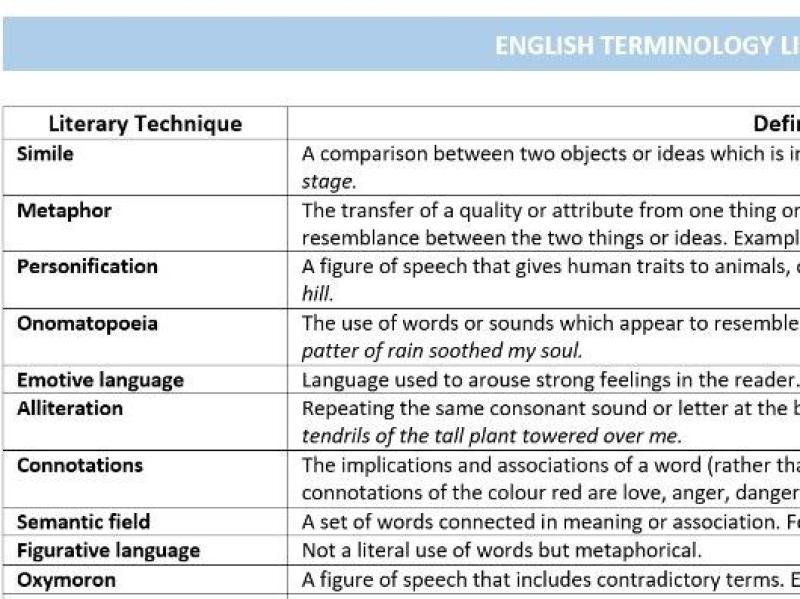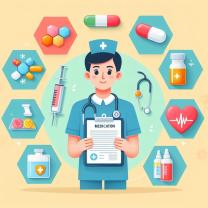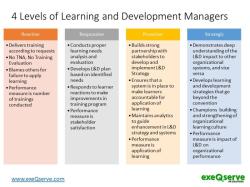Why is medical terminology used instead of English?
Medical terminology is used in healthcare for several important reasons, and its adoption serves specific purposes that enhance communication, accuracy, and clarity within the healthcare field. Here are some key reasons why medical terminology is preferred over everyday English in healthcare:
Precision and Clarity:
- Medical terminology provides precise and standardized terms for describing various anatomical structures, physiological processes, diseases, and treatments. This precision helps avoid ambiguity and ensures that healthcare professionals communicate with clarity and accuracy.
Global Standardization:
- Medical terminology follows a standardized set of rules and roots derived from Latin and Greek, making it a global language for healthcare. This standardization is crucial for effective communication among healthcare professionals, researchers, and institutions worldwide.
Avoiding Ambiguity:
- Everyday English can be imprecise and open to interpretation. In medical terminology, the use of specific terms eliminates ambiguity and ensures that everyone involved in patient care has a clear and consistent understanding of the information being conveyed.
Efficiency in Communication:
- Medical professionals often need to convey complex information quickly and efficiently. Using standardized medical terms streamlines communication, reducing the risk of misunderstandings and allowing healthcare professionals to communicate with speed and accuracy.
Scientific and Technical Accuracy:
- Healthcare is a field that involves a deep understanding of biological, physiological, and pathological processes. Medical terminology incorporates scientific and technical accuracy, allowing healthcare professionals to convey intricate details without losing precision.
Facilitating Documentation:
- Medical records, charts, and reports require standardized terminology for accurate documentation. This ensures that patient information is recorded consistently, making it easier for healthcare providers to access and understand the patient's medical history.
Continuity of Care:
- Standardized medical terminology helps maintain continuity of care when patients move between different healthcare providers or facilities. Regardless of where a patient receives care, the use of common terminology ensures consistent communication and understanding among healthcare professionals.
Professionalism:
- The use of medical terminology is a mark of professionalism within the healthcare industry. It reflects the specialized knowledge and training of healthcare professionals and helps create a professional environment conducive to effective patient care.
Efficient Medical Education:
- Learning and teaching medical concepts are facilitated by the use of standardized medical terminology. It provides a systematic and organized framework for conveying complex information to students and ensures a consistent understanding among healthcare professionals.
In summary, medical terminology is a specialized language designed to meet the unique needs of the healthcare field. Its adoption is essential for precise, standardized communication among healthcare professionals, ultimately contributing to the delivery of high-quality patient care.
The Power of Precision: Medical Terminology in Healthcare
The use of medical terminology in healthcare holds several key advantages over everyday English, impacting communication, accuracy, and overall patient care.
1. Why use medical terminology?
- Precision: Medical terms have specific and well-defined meanings, reducing ambiguity and misinterpretations that can arise with lay terms. For example, "pain" can encompass a wide range of sensations, while "tachycardia" (rapid heart rate) conveys a clear and specific meaning.
- Consistency: Standardized medical terminology ensures consistent communication across different healthcare professionals and institutions, regardless of background or language. This is crucial for accurate diagnoses, treatment plans, and documentation.
- Comprehensiveness: Medical terminology provides a vast vocabulary to describe complex medical concepts, diseases, and procedures with a level of detail not possible in everyday language. This allows for nuanced and precise communication about intricate health matters.
- Record-keeping: Standardized medical terms facilitate accurate and unambiguous medical records, vital for legal and ethical considerations, future care, and research purposes.
2. Communication among healthcare professionals:
- Shared understanding: The common language of medical terminology allows healthcare professionals from different specialties to seamlessly collaborate and exchange information regarding patient care. This improves efficiency, reduces errors, and ensures optimal treatment.
- Clear documentation: Medical records written in standardized terms are readily understood by other healthcare professionals, ensuring continuity of care even if a patient changes provider or seeks care in a different setting.
- Accurate billing and coding: Medical terms align with standardized coding systems used for insurance billing and medical databases, facilitating accurate tracking and reimbursement for services rendered.
3. Historical and practical reasons:
- Evolution of knowledge: As medical science evolves, new discoveries and concepts necessitate precise terminology to accurately represent them. This ongoing development maintains the effectiveness and clarity of medical communication.
- Global healthcare: Medical terminology often draws from Latin and Greek roots, making it accessible to healthcare professionals across various countries and languages. This promotes international collaboration and knowledge sharing within the medical field.
- Patient education: While healthcare professionals primarily utilize medical terminology, simplified explanations and education tailored to patients' understanding are crucial. Striking a balance between technical accuracy and patient comprehension is an important aspect of effective communication in healthcare.
In conclusion, medical terminology is not mere jargon but a vital tool for precise communication, efficient collaboration, and accurate documentation within the healthcare system. Its use ensures the highest quality of care for patients while safeguarding their medical information and facilitating the advancement of medical knowledge.













